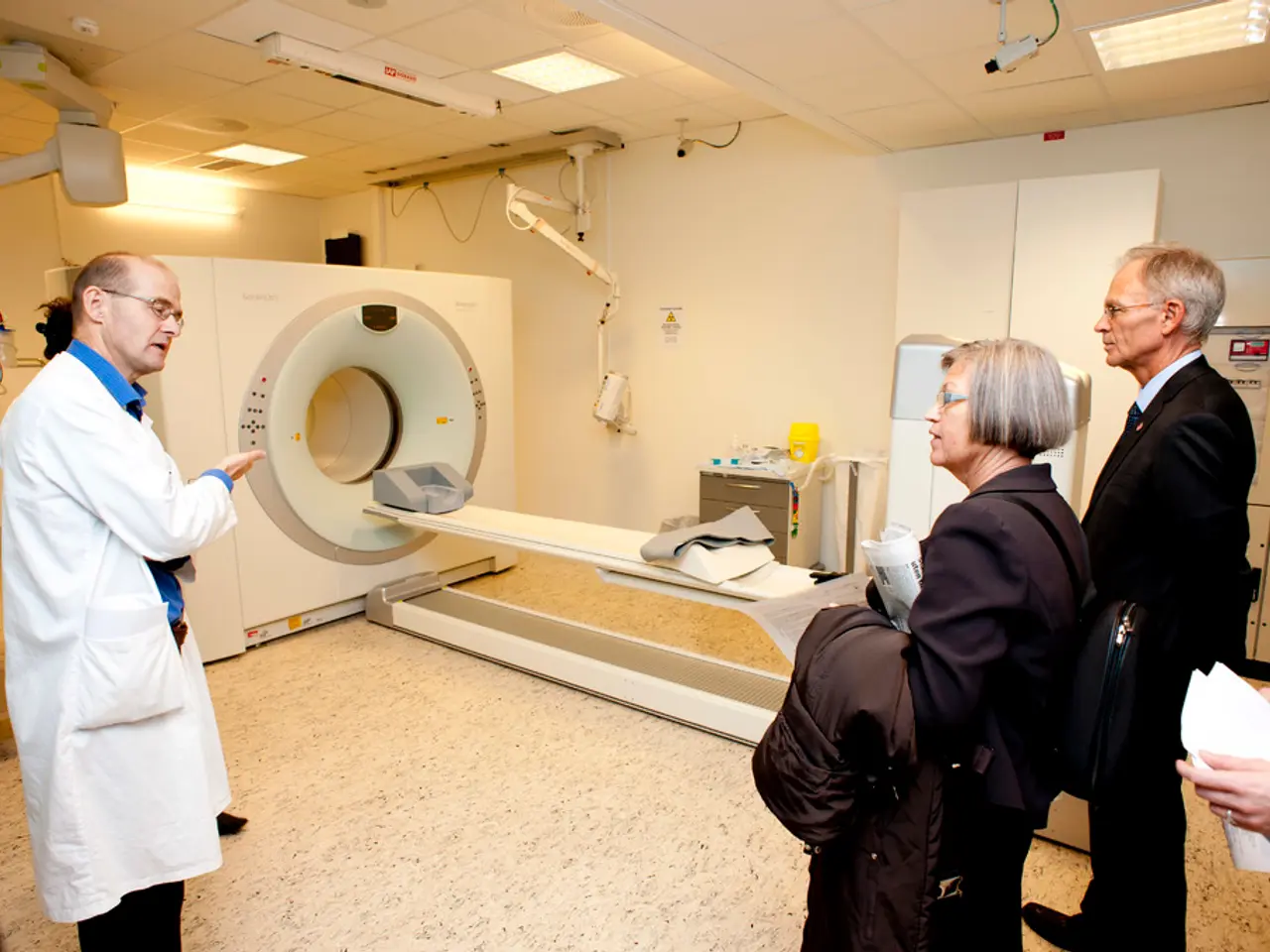Data leak at European healthcare company AMEOS exposes sensitive user information; millions advised to stay vigilant about potential security threats.
In a concerning turn of events, AMEOS Group, a leading European healthcare provider with over 18,000 staff members across more than 100 hospitals, clinics, rehabilitation centres, and nursing homes, has suffered a significant cyberattack [1][2][3][5]. The incident, which affected facilities in Germany, Switzerland, and Austria, has compromised sensitive personal data, including patient health records, employee records, and partner data.
The attack, which is one of the largest recent incidents targeting the healthcare sector in Central Europe [1][2][3][5], allowed unauthorised access to core systems, potentially exposing personal health information (PHI), including medical histories and contact details, as well as sensitive employee and partner data [1].
Despite AMEOS Group's robust security measures, such as multi-factor authentication and intrusion detection, attackers, possibly employing advanced persistent threat (APT) techniques like zero-day exploits, were able to infiltrate and move laterally within the network [1]. The stolen data could be used for identity theft, financial fraud, spear-phishing attacks, or sold on underground marketplaces [1].
The breach has caused significant disruption in AMEOS's German operations, forcing them to disconnect some digital services during investigations [3][5]. However, no public confirmation was made regarding ransomware or extortion demands [3]. The attack is considered a major incident demonstrating vulnerabilities in healthcare IT infrastructure in Central Europe [5].
AMEOS Group has taken immediate action to contain the damage, disconnecting its networks and shutting down its IT infrastructure [4]. Third-party IT and forensic experts have been brought in to investigate the attack, and the company is in the process of publishing the numbers of affected individuals after a more thorough investigation [4].
The company has also reinforced its existing security measures and urged customers to be cautious of unauthorised, excessive, or suspicious-looking advertisements or job offers in their inbox [1]. Users are advised to be on their guard in case of threats or scams, as attackers may use data such as email addresses to involve customers in fraud schemes [1].
AMEOS Group, with over 10,000 beds and annual revenue exceeding $1.4 billion, is one of the largest private hospital groups in the broader DACH region [1]. The company has notified the police and relevant government authorities about the cyberattack [2].
This incident serves as a reminder of the importance of robust cybersecurity measures in the digital age, especially in the sensitive field of healthcare. AMEOS Group, like many other organisations, is learning from this incident and taking steps to strengthen its defences against future attacks.
- The cyberattack on AMEOS Group, a leading healthcare provider in Europe, has highlighted the vulnerabilities in health IT infrastructure, particularly in central Europe.
- The stolen data from AMEOS Group's cyberattack could potentially be used for various malicious activities such as identity theft, financial fraud, spear-phishing attacks, or sold on underground marketplaces.
- In response to the cyberattack, AMEOS Group is urging customers to be cautious of suspicious advertisements or job offers in their inbox and to be vigilant against potential threats or scams, given that attackers might use email addresses to lure customers into fraudulent schemes.




